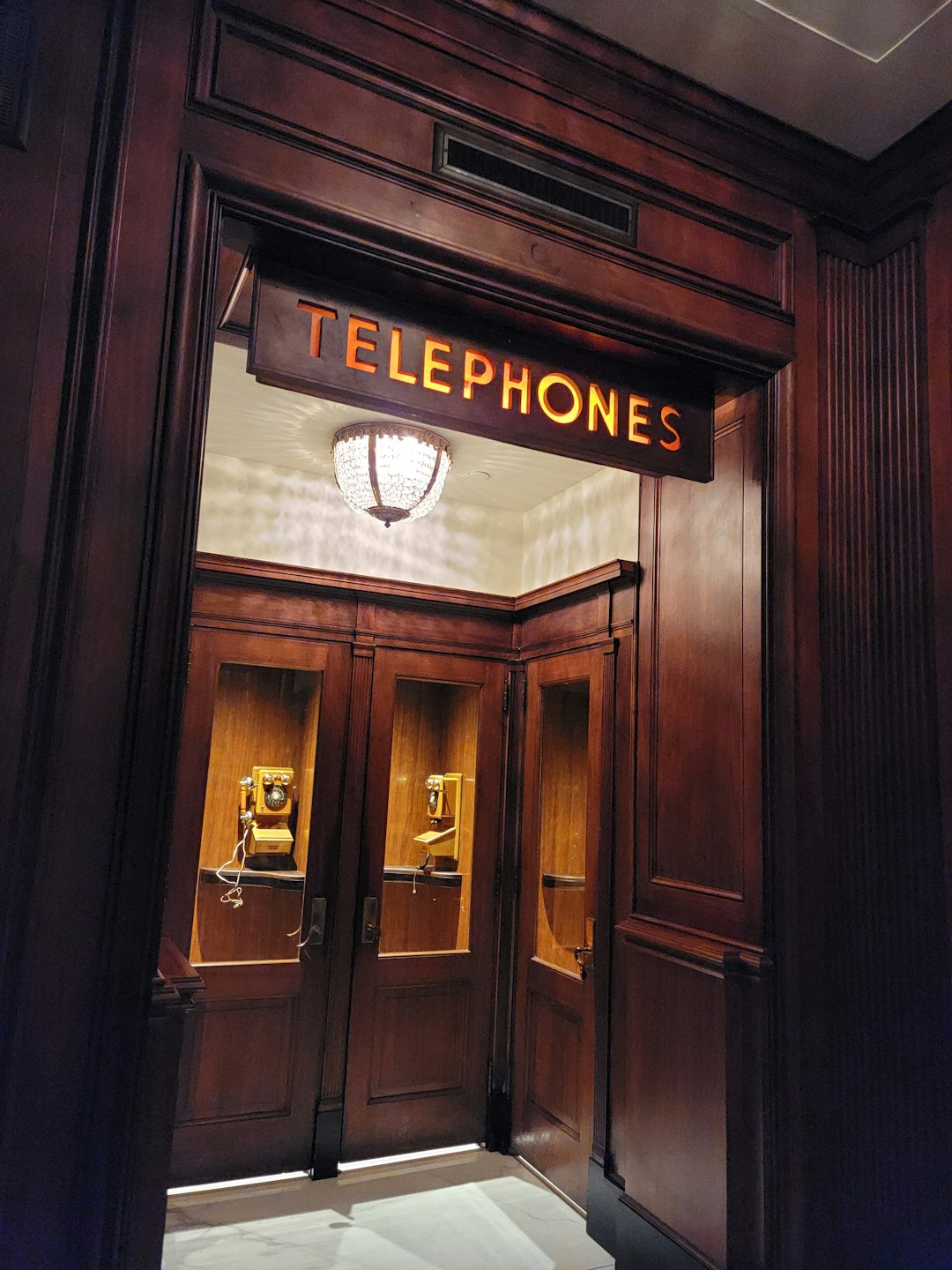Florists and gift shops in Tennessee, particularly Cleveland, must adhere to strict Do Not Call laws or face legal repercussions. Engaging a specialized Do Not Call Lawyer or Attorney is crucial for compliance with FTC guidelines, TSR, and state laws, preventing fines, protecting privacy, and maintaining customer trust. Businesses should register with the National Do Not Call Registry, implement targeted marketing, obtain explicit consent, and honor opt-out rights to avoid spam calls and foster positive relationships. Consulting legal experts ensures ethical practices, enhances loyalty, and differentiates businesses in a competitive market.
In Cleveland, florists and gift shops must navigate intricate Do Not Call laws to protect customers from unwanted telemarketing. This comprehensive guide explores Tennessee’s regulations, emphasizing the crucial role a Do Not Call Lawyer in Tennessee plays in ensuring compliance. We delve into common pitfalls to avoid, offering effective strategies for businesses to safeguard their operations and maintain customer trust. Discover best practices to stay compliant, protect your brand, and foster lasting relationships with clients, while avoiding potential legal repercussions from spam call law firms.
Understanding Do Not Call Laws in Tennessee: A Guide for Florists and Gift Shops

In Tennessee, understanding and complying with Do Not Call laws is crucial for florists and gift shops to maintain customer relationships and avoid legal repercussions. These regulations, enforced by the Federal Trade Commission (FTC) and state attorneys general, restrict unsolicited telemarketing calls, including those from businesses promoting their products or services. Florists and gift shops often fall into this category due to their frequent use of phone calls for marketing purposes.
Business owners in Cleveland, like anywhere in Tennessee, should be aware that violating Do Not Call laws can result in substantial fines and damage to their reputation. A Do Not Call lawyer or attorney specializing in these laws can offer guidance on how to respect consumer choices while continuing to engage with customers effectively. This might involve implementing opt-out mechanisms, maintaining accurate call records, and ensuring compliance with the Telemarketing Sales Rule (TSR), which outlines permissible practices for telemarketers.
The Role of a Do Not Call Lawyer in Navigating Legal Requirements

Florists and gift shops in Cleveland, like many businesses across Tennessee, must adhere to stringent do not call laws designed to protect consumers from unwanted telemarketing calls. While many companies employ robust internal policies to ensure compliance, engaging a specialized Do Not Call Lawyer in Tennessee can offer significant advantages. These legal experts navigate the complex landscape of Do Not Call Laws in Tennessee, ensuring businesses stay compliant and avoid costly fines.
A Do Not Call Attorney in Tennessee understands that violations can lead to substantial penalties and damage a business’s reputation. They guide companies through the process of registering with the National Do Not Call Registry, implementing effective call tracking systems, and training staff on compliance procedures. Their expertise helps Cleveland businesses safeguard their clients’ privacy and maintain ethical business practices, fostering trust and ensuring long-term success in the competitive retail market.
Common Mistakes to Avoid When Handling Customer Contact

Many businesses, especially florists and gift shops in Cleveland, often fall into common pitfalls when it comes to customer communication, particularly regarding Do Not Call laws in Tennessee. One of the primary mistakes is failing to obtain explicit consent before making marketing calls or texts. Every interaction should be welcomed by the recipient; otherwise, it’s considered spam, which can lead to legal repercussions. A Do Not Call lawyer in Tennessee can guide businesses on obtaining and maintaining customer permission.
Another frequent error is haphazardly contacting customers without a clear strategy. Businesses should segment their customer bases and use targeted marketing techniques. Unnecessary or irrelevant calls about promotions or new products can frustrate clients, especially if they haven’t engaged with your business in a while. Respecting a customer’s preferences and personal space is crucial to maintaining a positive relationship and avoiding legal trouble with a Do Not Call attorney in Tennessee.
Effective Strategies for Compliance: Best Practices for Cleveland Businesses

Many Cleveland florists and gift shops are unaware of their obligations under the Do Not Call laws in Tennessee. Effectively managing unwanted calls is crucial for maintaining customer relations and avoiding legal repercussions. The best strategy is to implement a robust do-not-call policy, ensuring that all employees understand its importance. This includes obtaining explicit consent from customers who wish to receive marketing calls and honoring their right to opt out. Using automated systems or third-party services that specialize in compliance can be highly effective; these tools can help businesses track and manage customer preferences, reducing the risk of accidental spam calls.
Additionally, educating employees about these laws is vital. They should be trained to recognize and respect customer choices regarding communication. Regular reviews of calling practices and data management procedures are essential to ensure ongoing compliance. Keeping up with updates from Do Not Call lawyers in Tennessee and engaging a local Do Not Call attorney can provide valuable guidance and protect the business from potential legal issues. Remember, adhering to these best practices will not only help Cleveland businesses avoid penalties but also enhance their reputation as responsible and customer-centric organizations.
Protecting Your Business and Customers: Long-term Benefits of Adherence

Florists and gift shops in Cleveland, much like businesses across Tennessee, need to be aware of and comply with the state’s Do Not Call laws. Protecting your customers from unwanted spam calls is not just a matter of ethical business practice; it has significant long-term benefits for your company. By adhering to these regulations, you foster trust among your clientele, ensuring they feel safe and respected. This positive reputation can lead to increased customer loyalty, repeat business, and positive word-of-mouth referrals, which are invaluable in today’s competitive market.
Moreover, compliance reduces the risk of legal issues and fines associated with violating Do Not Call Laws. A reputable Do Not Call lawyer Tennessee or Do Not Call attorney Tennessee can guide you through these regulations to ensure your business practices align with them. This proactive approach not only protects your shop from potential lawsuits but also positions your brand as a responsible and caring enterprise, which is a powerful differentiator in the eyes of modern consumers.






